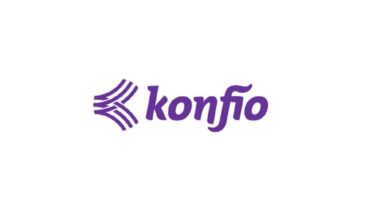 JT Li joined the Magma Partners team in our Santiago, Chile office earlier this year. As part of her training, she listened to much of the Crossing Borders podcast and wrote up some of the most interesting things she learned from the entrepreneurs and investors I talked with. Here’s JT’s story about how she went from the south of China to Santiago, Chile.
JT Li joined the Magma Partners team in our Santiago, Chile office earlier this year. As part of her training, she listened to much of the Crossing Borders podcast and wrote up some of the most interesting things she learned from the entrepreneurs and investors I talked with. Here’s JT’s story about how she went from the south of China to Santiago, Chile.My first stop was Bulgaria, a small country in eastern Europe, where I for a cultural exchange program for 6 weeks. Next, I flew south to Queensland, Australia for a semester abroad, where I studied management and learned a bit of Aussie English. After I finished my undergraduate in Beijing, I went back to Australia, settling in Sydney for a Masters Degree in Management.
I knew I wanted to go abroad again. One day, I was handed a list of 28 universities to pick from for my exchange semester. Chile immediately stuck out because of its natural beauty and because nobody I knew had been there. Chile and Brazil were the only two South American countries on the list. I remember thinking, “Hmm Chile is definitely far enough away, and it seems safer than Brazil,” so I applied!
In February 2016, I arrived in Santiago, Chile, and started my Latin America adventure. I managed to survive with very limited Spanish and got to feel my first few earthquakes, including a 7.0 one when I was in Costanera Center, South America’s tallest building.
What I Learned from Crossing Borders


